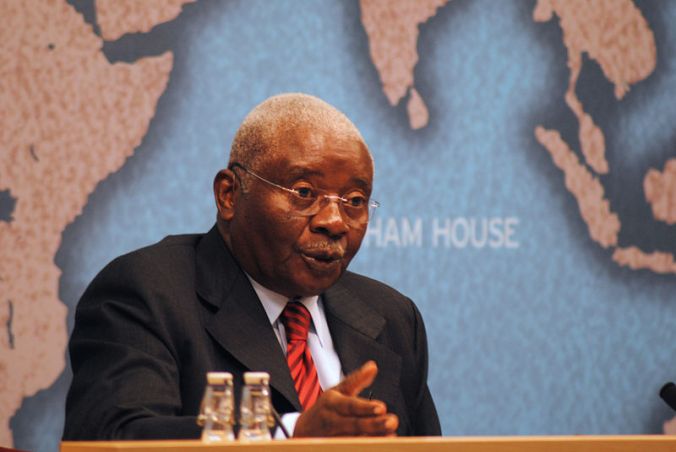By Carrie Manning
For the past quarter-century, sub-Saharan Africa has been an arena of political, economic, and social transitions. Different trajectories have been pursued in its 49 states. The reflections of a new generation of Africa scholars, who have built their careers tracing these developments, will increasingly be featured in AfricaPlus.[1] Carrie Manning is a member of this cohort of scholars who possess a deep understanding of the dynamics in play, great knowledge of the political actors, and are fully aware of the pertinent theoretical issues.
Mozambique represents a striking model of peace building and democracy. Armed struggle against Portuguese rule was succeeded by a civil war fanned by the South African apartheid regime. Externally-facilitated peace talks resulted in two decades of imperfect democratization. These experiences, in which the losing party in the civil war, the Mozambique National Resistance (Renamo), has been a subordinate participant in state and democratic institutions, contrasts with that of Angola where the armed opposition, The National Union for the Total Independence of Angola (UNITA), was forcefully eliminated. In view of its ever-growing resource wealth, vast land acreage, a liberalized economy, and fitful democracy-, peace-, and state-building, the evolution of Mozambique merits close attention. It shows how post-conflict electoral politics has been complemented by consociational norms of consultation, compromise, and inclusion. The recent slaying of a prominent lawyer echoes similar incidents in Botswana where the struggle for political power is also exacerbated by natural resource wealth and the plentiful spoils of economic growth.
Since the end of the Cold War in 1990, “liberal peacebuilding” has dominated post-conflict politics. Liberal peacebuilding privileges electoral politics in the negotiation of political agreements. There has been much debate over the effectiveness of this approach in generating peace and democracy. In most cases in which civil wars ended in 1990 or later, provisions were made for the conversion of armed opposition groups into political parties. They participated in the founding elections and continue to do so. Moreover, they have performed relatively well, gaining representation in the national legislature about a quarter of the time, and averaging around 20% of the legislative seats.[2]
